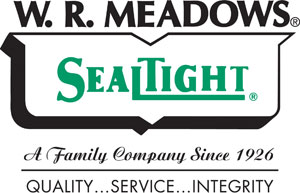1:20 pm - 2:30 pm | Room: Owens Corning Room | Session Chair: Leslie Peer
High performance housing standards in Canada require high levels of insulation. Homebuilders have traditionally employed thick wall assemblies that are often twice as deep as conventional walls to achieve the necessary thermal resistance [RSI 6.0-8.8 (R 28-50)]. Because they cannot protrude beyond zoning setbacks, these thick walls can negatively affect livable area. This has a real cost to buyers (> $25,000 per home in some markets,) on top of additional materials and labour. This has been identified as a barrier to adoption of such housing.
In collaboration with an industry partner, CanmetENERGY and Carleton University developed and evaluated a polystyrene/vacuum insulation panel system for insulating and air-sealing thin, high R-value wood-framed walls. The research team constructed prototype assemblies, measured the effective R-value under steady-state conditions in a guarded hot box, and installed in the CanmetENERGY Building Envelope Test Hut (CE-BETH) for in-situ field exposure and long-term monitoring over a four-year period.
The thermal resistance of the test assemblies was determined to be between RSI 7.6 to 9.0 (R-43 to R-51), twice that of today’s code-built homes. Durability criteria were established based on the ASHRAE 160 standard to calculate the of mould index and air conditions at the surface of sensitive materials. Temperature, humidity, and moisture content of the wall sheathing was measured over a 4-year period. These measurements were used to assess the risk of mould growth on the structural sheathing and framing members.
During the 4-year monitoring period the durability criteria were satisfied; however, these assemblies were observed to be at higher risk of mold growth compared to a baseline assembly. The mould index peaked at 2.4 during the summer of 2017. The dry out period with the initial moisture content was longer than expected and the sheathing experienced wetting from the interior due to high interior humidity conditions. For long-term durability and resilience, this wall system requires excellent bulk water management and mechanical control of indoor humidity. It was observed that this design is best suited for off-site construction to prevent damage to its fragile VIPs.

bio coming soon.
Diamond Sponsor

Emerald Sponsor

Emerald Sponsor

Emerald Sponsor

Emerald Sponsor

Emerald Sponsor

Gold Sponsor

Associate Sponsor
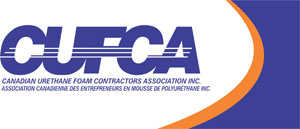
Silver Sponsor

Silver Sponsor

Silver Sponsor

Silver Sponsor

Bronze Sponsor

Bronze Sponsor

Bronze Sponsor

Bronze Sponsor

Bronze Sponsor
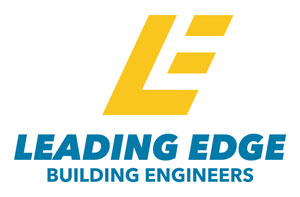
Bronze Sponsor
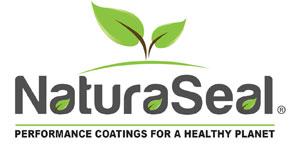
Bronze Sponsor

Bronze Sponsor

Bronze Sponsor

Bronze Sponsor
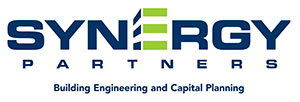
Bronze Sponsor

Bronze Sponsor
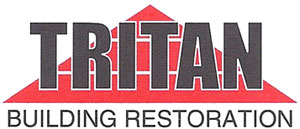
Bronze Sponsor
